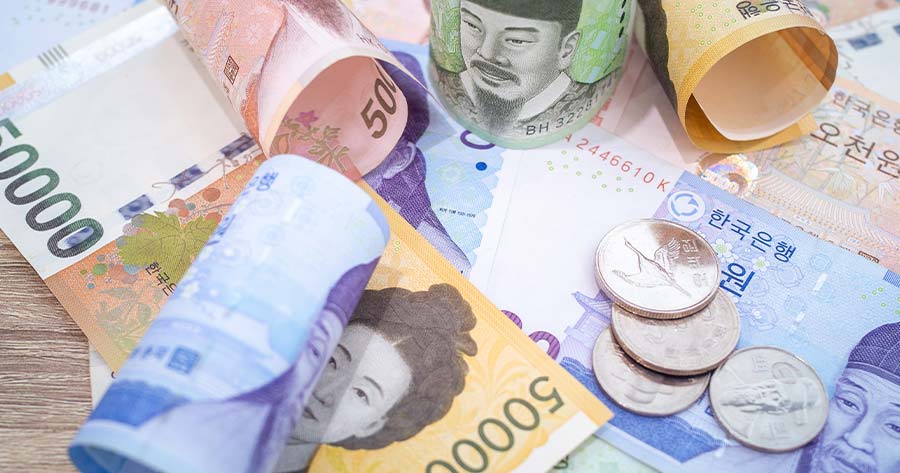In February, South Korea experienced a slowdown in consumer inflation for the first time in four months, with the consumer price index (CPI) increasing by 2.0% year-on-year, slightly above the 1.95% predicted in a Reuters survey.
This offers some breathing room for policymakers intent on easing monetary policy.
The moderation in inflation follows a January peak of 2.2% rise, which had surpassed the Bank of Korea (BOK)’s 2% medium-term target, driven by weakened won. However, the won strengthened by 2% against the dollar this year, trading at 1,444.2 per dollar on Thursday, recovering from last year’s significant 12% drop amid political turmoil.
The BOK anticipates that consumer inflation will likely hover near the target level due to a combination of the weak local currency and subdued demand pressures, according to their statement following the data release.
This follows the central bank’s decision last week to reduce interest rates, signaling further easing plans for the year to transition South Korea’s monetary policy from a restrictive to an accommodative approach, aiming to bolster the nation’s economic growth.
On a month-to-month basis, CPI went up by 0.3%, compared to a 0.7% increase in January and slightly exceeding economist expectations of a 0.2% rise.





